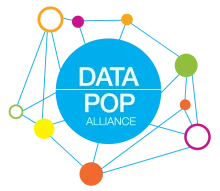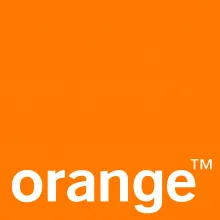One of the biggest challenges of the data revolution is addressing how to unlock the potential of private sector data for public good purposes in a safe, ethical, scalable, and sustainable manner. Using ‘big data’ sources collected by private companies for research and policy purposes has been hampered by legitimate ethical and commercial reasons. To date, there are no systems and standards to mitigate the associated privacy risks and capacity gaps to leverage these data for the greater good, ethically, at scalable, in a sustainable manner.
OPAL aims to fill that gap. OPAL (for "Open Algorithms") is a not-for-profit socio-technological innovation developed by a group of “data for development” pioneers around Data-Pop Alliance, Imperial College London, the MIT Media Lab, Orange, the World Economic Forum, in close partnership with Telefónica and the governments of Senegal and Colombia. At the launch of the Global Partnership for Sustainable Development Data in 2015, conversations among participants around open data triggered the idea for OPAL, building on years of work by partners. OPAL is seen by its founders “as a new paradigm for using private data for social good and a key milestone towards a vision where data is at the heart of fairer and more efficient 21st Century social contracts and systems”.
This case study dives deeper into the history, outcomes, and future implications of OPAL. Read the case study for more information.


